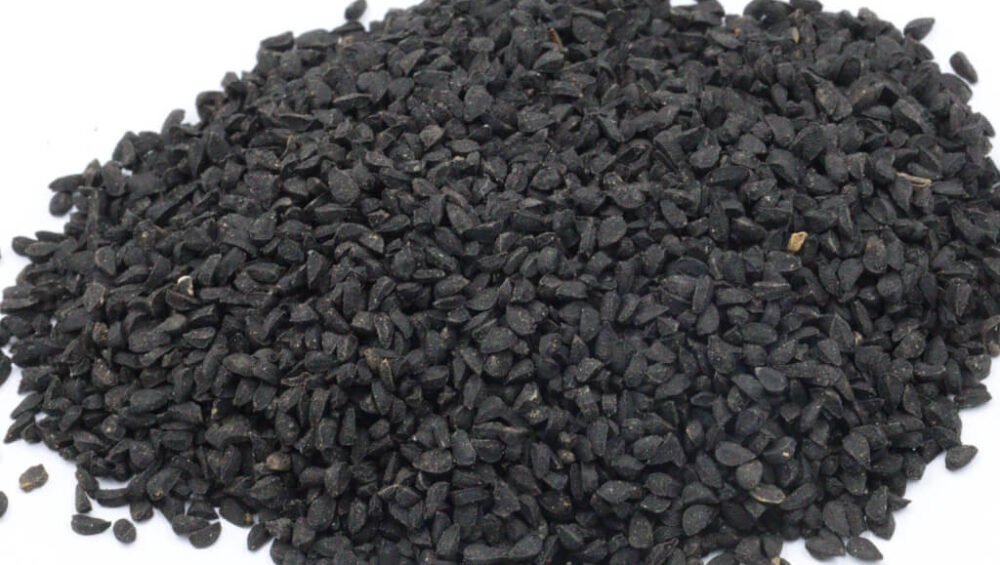The Buzz Around Black Seed Oil: Separating Fact from Fiction
Black seed oil, derived from the seeds of the Nigella sativa plant, has gained popularity in recent years for its purported health benefits. However, concerns have been raised about its potential impact on vital organs, particularly the liver and kidneys. In this article, we delve into the existing evidence to answer the question: Is black seed oil bad for your liver and kidneys?
Understanding Black Seed Oil
Before we explore its potential effects on the liver and kidneys, let’s understand what black seed oil is and why it has become a subject of interest in the health and wellness community. Black seed oil contains a compound called thymoquinone, which is believed to possess antioxidant and anti-inflammatory properties.

Rich in essential fatty acids, black seed oil has been traditionally used in various cultures for its supposed healing properties. It is touted to support the immune system, aid digestion, and even promote healthy skin.
The Liver and Kidneys: Vital Organs Under Scrutiny
The liver and kidneys play crucial roles in the body’s detoxification processes. Any substance that enters the body, including supplements like black seed oil, has the potential to affect these organs. Let’s explore the available scientific evidence regarding the impact of black seed oil on the liver and kidneys.
Black Seed Oil and Liver Health
Some studies suggest that thymoquinone, the active compound in black seed oil, may have hepatoprotective effects, meaning it could help protect the liver from damage. However, more research is needed to establish a definitive link between black seed oil consumption and liver health.
It’s crucial to note that individual responses to supplements can vary. If you have pre-existing liver conditions or are taking medications, it is advisable to consult with a healthcare professional before incorporating black seed oil into your routine.
Black Seed Oil and Kidney Function
Similar to the liver, the kidneys may be impacted by substances introduced into the body. While there is limited specific research on the effects of black seed oil on kidney function, some studies suggest that its anti-inflammatory properties may be beneficial for renal health.
As with any supplement, moderation is key. Excessive intake of black seed oil may potentially lead to adverse effects, emphasizing the importance of following recommended dosages and consulting with a healthcare provider.
Practical Tips and Considerations
When considering the use of black seed oil or any supplement, it’s essential to keep the following tips in mind:
- Consult with a healthcare professional before adding any new supplement to your regimen, especially if you have pre-existing health conditions.
- Follow recommended dosage guidelines provided by reputable sources.
- Monitor for any adverse reactions or side effects and discontinue use if they occur.
- Consider the source and quality of the black seed oil, opting for products from reputable manufacturers.
Conclusion: The Verdict on Black Seed Oil
While there is some preliminary evidence suggesting potential benefits of black seed oil for liver and kidney health, more research is needed to draw definitive conclusions. As with any supplement, it is crucial to approach its use with caution, particularly if you have existing health concerns.

Remember, individual responses to supplements vary, and what works for one person may not work for another. To ensure the safety and efficacy of black seed oil or any dietary supplement, consulting with a healthcare professional is the best course of action.
As the scientific community continues to explore the potential health benefits of black seed oil, staying informed and making decisions based on reliable information remains key. The quest for optimal health involves a balanced approach, incorporating a variety of factors such as a healthy diet, regular exercise, and professional medical advice.




